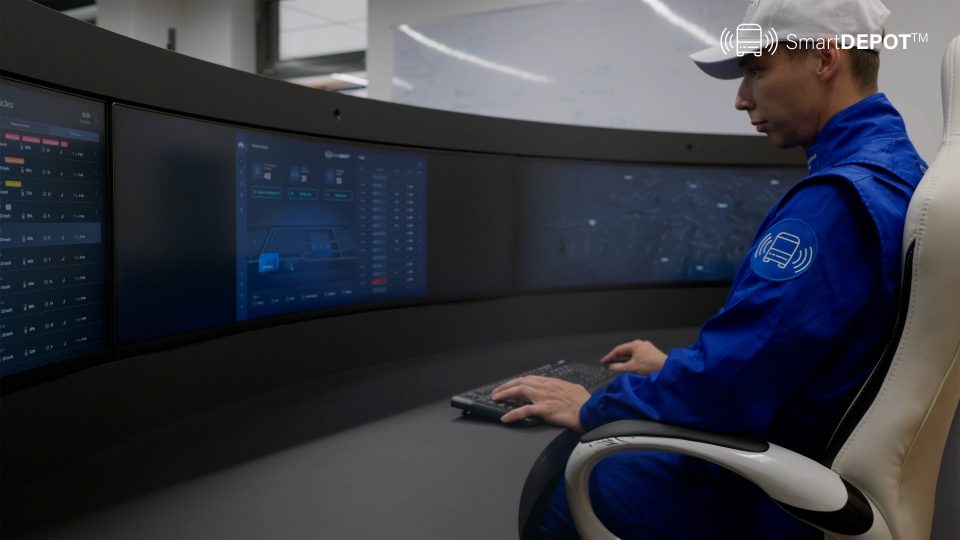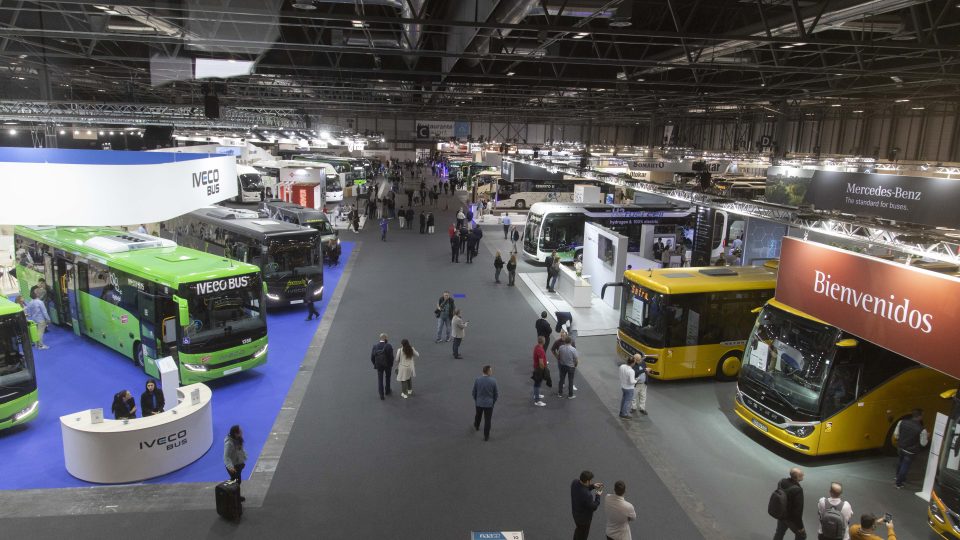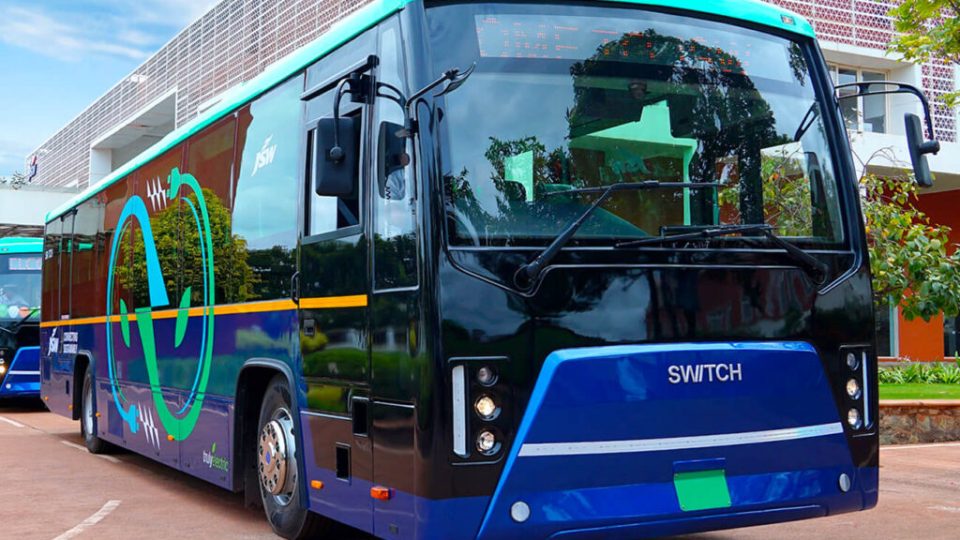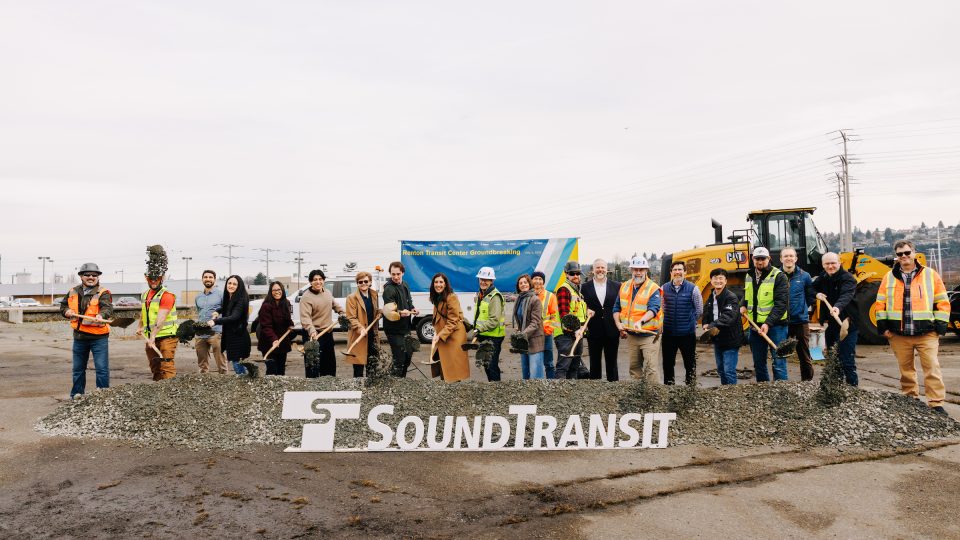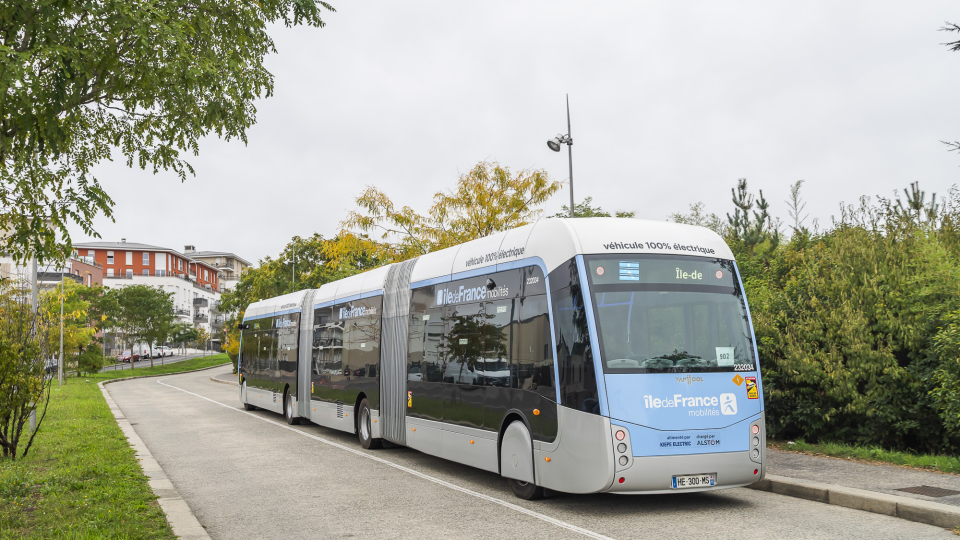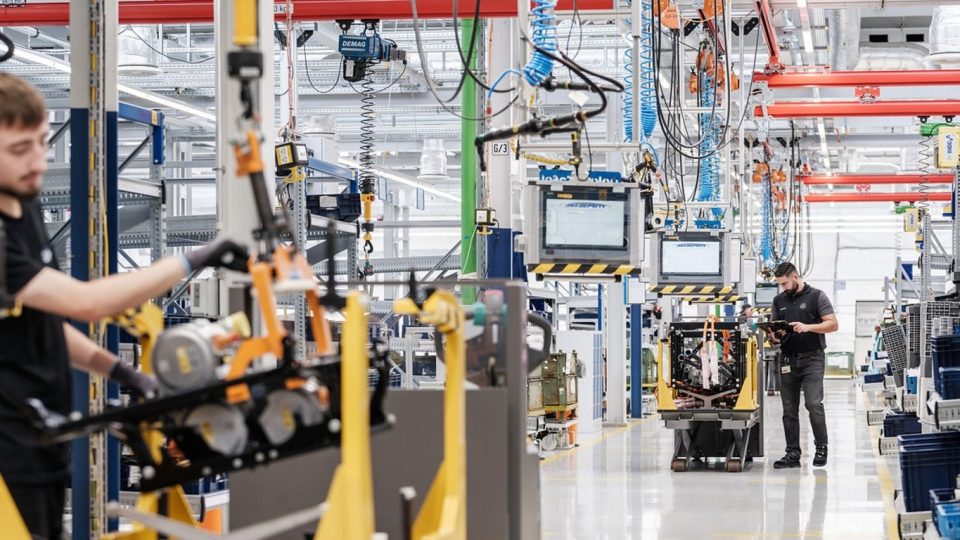FTA allocates $2 billion in bus transit, prioritizing CNG and hybrid bus replacement programs
The U.S. Federal Transit Administration has announced on November 20th a nationwide investment package totaling $2 billion for 165 transit projects across 45 states and Washington, D.C. It is one of the most extensive funding rounds of recent years, designed to support fleet renewals, depot upgrades, and infrastructure modernization. According to the agency, more than […]
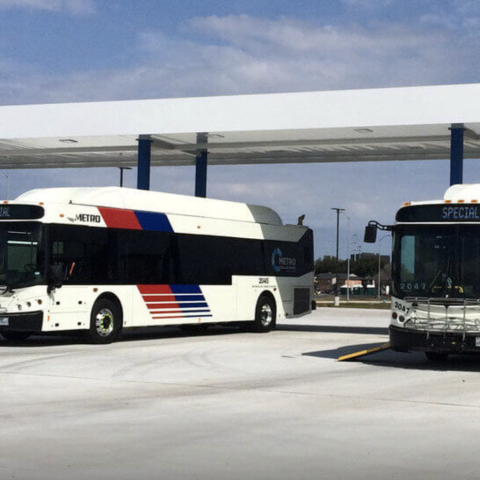
The U.S. Federal Transit Administration has announced on November 20th a nationwide investment package totaling $2 billion for 165 transit projects across 45 states and Washington, D.C. It is one of the most extensive funding rounds of recent years, designed to support fleet renewals, depot upgrades, and infrastructure modernization.
According to the agency, more than 2,400 new buses—all built with domestic components and labor—are expected to enter service as a result of this allocation.
FTA 2 billion funding for buses is out
This package combines resources from the Grants for Buses and Bus Facilities Program and the Low or No Emission Program, which together provided $1.5 billion for FY 2025. Through advance appropriations, a further $518 million is already earmarked under the Low-No program for FY 2026, FTA says.
The distribution of funds reflects a wide range of agency priorities. In Houston, METRO will deploy approximately $101 million to replace older diesel units with new compressed natural gas (CNG) buses, while also constructing a dedicated CNG fueling station and upgrading a maintenance facility to support the new fleet. In Tampa, HART will use a $32 million allocation to introduce new CNG buses as part of its diesel phase-out. Across the Midwest, the Iowa Department of Transportation will channel $48 million into retiring some of the state’s oldest vehicles and into the construction and rehabilitation of bus facilities.
In California, the Sacramento Regional Transit District (SacRT) will receive funding amounting to 39.6 million dollars to buy new CNG buses to replace older buses that have reached their useful life, while the San Francisco Municipal Tranportation Agency will use 39.8 million dollars to buy new hybrid buses. Also the MBTA in Massachusetts will buy hybrid buses thanks to $78,566,512.
Beyond bus procurement, a substantial portion of the funding is directed toward operational infrastructure. Maintenance bases, fueling and charging systems, and upgraded operating environments are increasingly viewed as essential components of the national transit strategy. Federal procurement rules emphasizing domestic production continue to steer investment toward U.S.-based manufacturing and supply chains, reinforcing the industrial dimension of these programs.
CTE states in a official release that “While many applications included zero-emission and low-emission elements, early analysis suggests that FTA funded primarily, if not only, the low-emission portions of these projects. Regardless, the release of these funds is a win for transit agencies nationwide, enabling them to modernize fleets, replace aging vehicles, and advance toward cleaner, more efficient transit systems”.
“Delivering new-and-improved bus infrastructure is yet another example of how America is building again under President Trump,” said U.S. Transportation Secretary Sean P. Duffy. “Whether it’s to church, school, or work, more people travel by bus than any other form of public transportation. With these grants, thousands of new buses will hit the road and infrastructure will be upgraded—making public transit more efficient, affordable and safe for American families.”
“Transit buses provide a vital service for millions of Americans every day,” said FTA Administrator Marc Molinaro. “These grants will strengthen connections between communities, boost bus safety and reliability, and enhance mobility and quality of life for passengers.”


